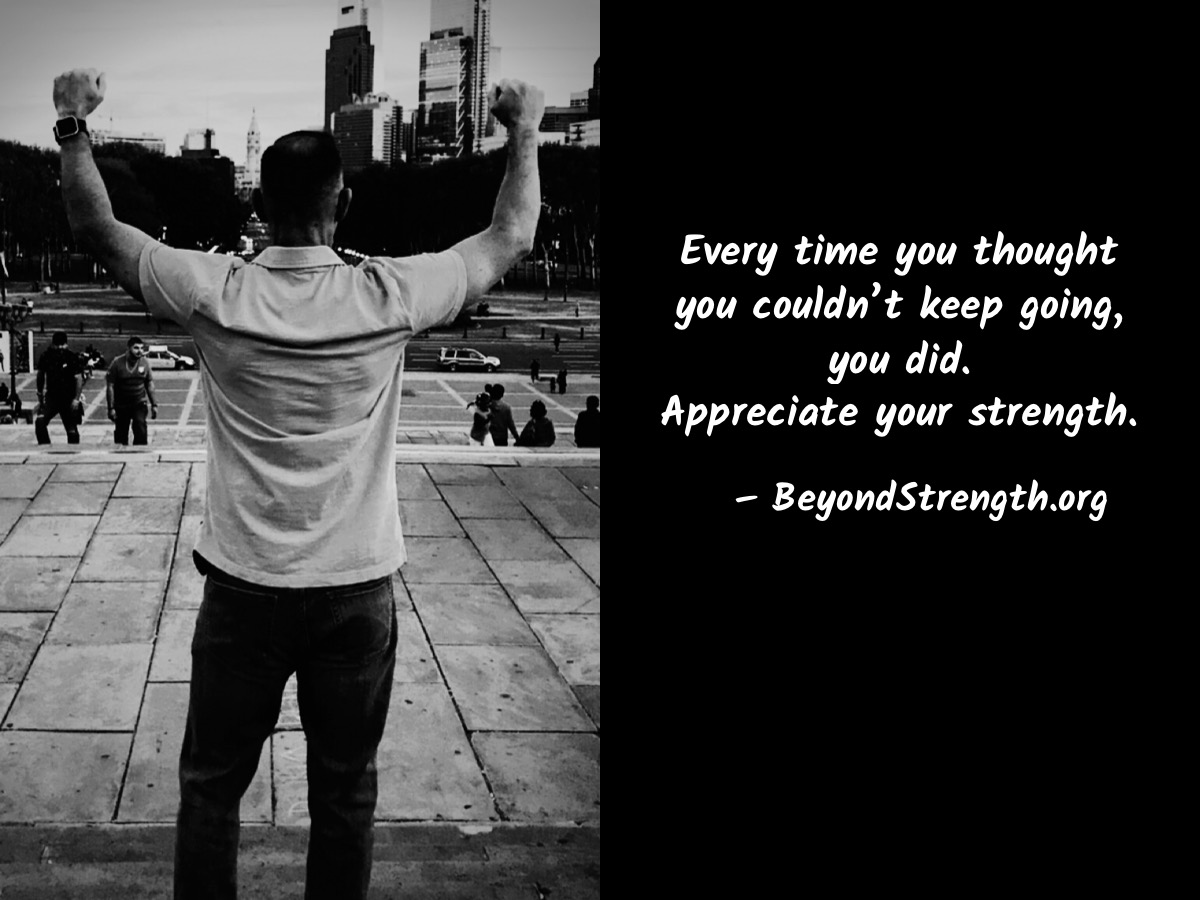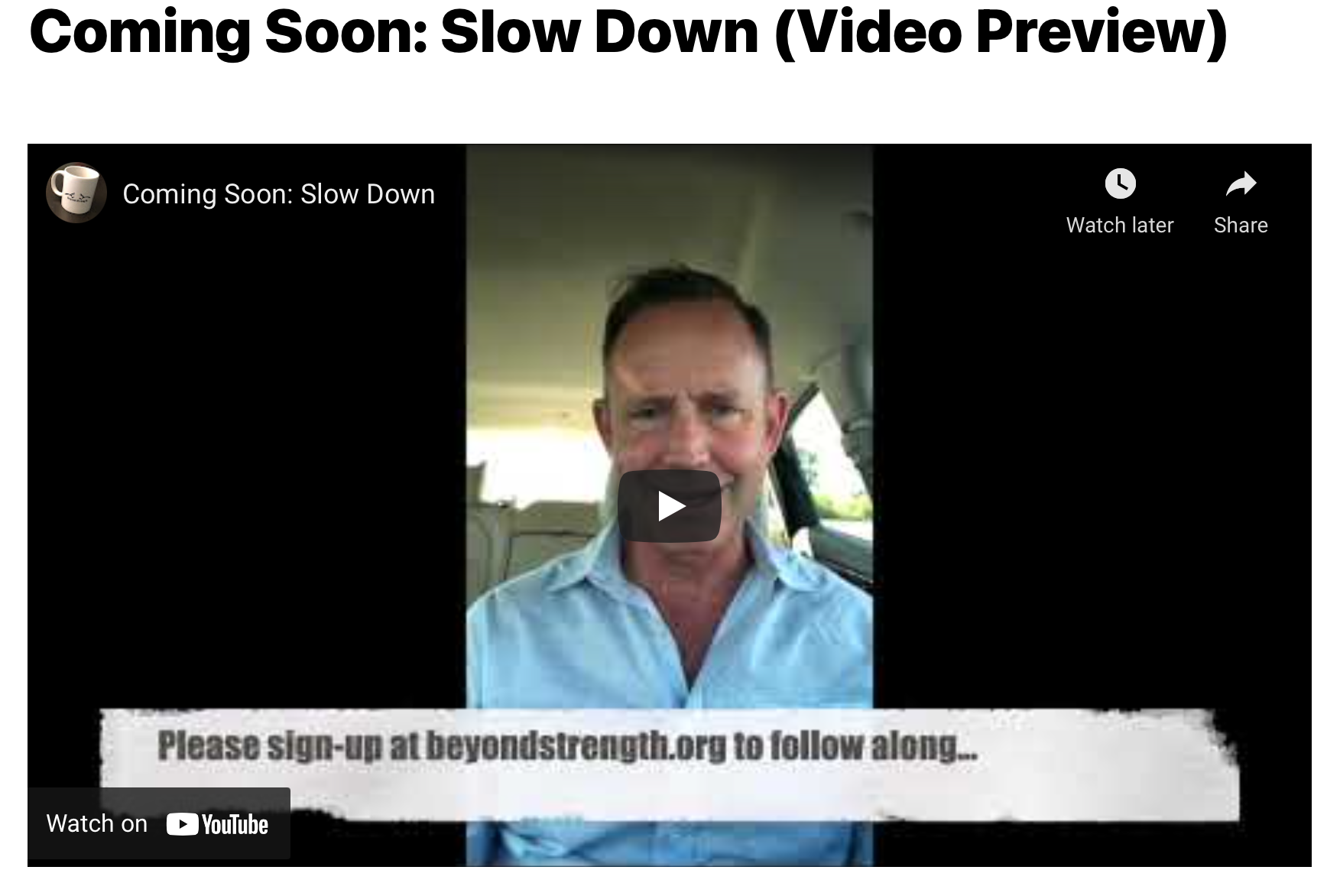“You need to go sit on the pot.” – Tim Hawkins

Christian comedian Tim Hawkins is hands-down one of the funniest and most entertaining comedians I’ve seen. If you ever get the chance, I encourage you to rent one of his videos, Google ‘Tim Hawkins Yoga Pants’ or ‘marriage GPS’, or watch some of his stuff on YouTube. One of his many relatable bits involves Mom’s answer to many of life’s problems: you probably just need to go sit on the pot. Funny? Absolutely. And relevant. After all, laughter is good medicine. The conversations of adolescent boys everywhere confirm, regularly, the subjects of farts and poop are hilarious. And there’s certainly a case to be made about the relationship between regularity and wellness.
Not just physical wellness.
Constipation: a condition in which there is difficulty emptying the bowels, usually associated with hardened feces.
Emotional Constipation: a buildup of unprocessed emotions, or an inability or unwillingness to express such, *often associated with hardened feelings (*added by author).
I first heard the term emotional constipation in Tantor and Terk’s firey interchange watching Disney’s classic animated film Tarzan with my kids.
Tantor: That sounded like Tarzan. It sounded like – like he was in trouble.
Terk: Yeah? Well, why doesn’t he get his new friends to help him? I don’t care.
Tantor: Thaaaaat’s IT! I’ve had it with you and your emotional constipation! Tarzan needs us, and we’re gonna help him! You got that? 1
Twenty-five years later, emotional hangups are still ubiquitous to daily life and relationships, yet I was surprised just how much information there is available to help explain this concept of emotional constipation.
One counseling center’s website explains that people suffer from emotional constipation when experiencing “many more feelings than he or she has the skills to express or identify.” 2
Another describes that it may involve one “…unconsciously using self-protection as a way to limit yourself, your growth, and your happiness.”
Do tell.
I most like one of her answers on dealing with it, though: get over yourself (author’s interpretation). The counselor actually presented it as a challenge: “Get over your need to be comfortable all the time. When you feel something come up, feel it, label it, decode it, and let it go.” 3
Let. It. Go.
I recently had lunch with a friend. This friend has been through some stuff. If anyone is entitled to hardened feelings or should be given some grace concerning emotions, it’s her. Besides some very difficult subject matter, some of our conversation drifted to what keeps us busy in retirement and hobbies we enjoy. Music for example. My friend recently resumed playing after a long break and is quite enjoying it. Conversely, while I quite enjoy playing, I seldom do anymore. Predictably, the conversation went right to why I seldom play.

Being busier than a retired person should be is only part of the reason, I explained. After all, as mentioned in a previous article…you don’t find time to do the things that are important, you make time. It was more a result of conflicting loyalties and differing priorities.
My friend listened thoughtfully to lamentations about the circumstances of my musical hiatus, as well as about the subsequent ‘ghosting’ by a very good friend who convinced me to play in the first place. She then quite confidently exclaimed, “Wow. Someone clearly has some unprocessed emotions.”
I’m still not sure if she was talking about me, my invisible friend, or both.
Either way, interest in playing together, other shared activities and projects, and our friendship had vanished. Sadly, I don’t believe it was just unprocessed emotions of a very difficult and unexpected loss, but also some significant unresolved feelings from an earlier, completely unrelated, situation that coalesced to bring about the end of not only playing music, but a great friendship.
But wait, there’s more!
Webster included the word stultification in its definition of constipation, e.g. Stultification: cause to lose enthusiasm and initiative; cause (someone) to appear foolish or absurd. I believe unprocessed emotions, avoidance, and just plain selfishness brought about a lack of enthusiasm for continuing to play music together, and eventually the friendship. I mean, who needs all that emotional constipation? It’s much easier to just check out.
“I will never leave an Airman behind.” – USAF Airman’s Creed
I have been reading through Objective Secure, Nick Lavery’s compelling book about goal achievement based on his military service. Lavery is a US Army Green Beret who was critically wounded in 2013 while serving in Afghanistan. He is the first above-the-knee amputee Special Forces Operator to return to combat. In a chapter similarly entitled I WILL NEVER LEAVE A FALLEN COMRADE, Lavery extends its principle, typically reserved for warfighters, to anyone. Commit to doing “whatever it takes” in a given situation. He writes, “The warrior mindset is not exclusive to those who are warriors by profession.” 4
But Nick Lavery is a warrior. One colleague said during his quest to requalify as a special operator that he “carried himself as though he had never been injured.” He didn’t blame the system or look for a free pass. He was “just another one of the guys with a job to do.” He took responsibility for his rehabilitation, qualification, and everything else it would take to become fully operational again.
Do whatever it takes.
Tom Brokaw wrote in his 1998 book The Greatest Generation, “A common lament of the World War II generation is the absence today of personal responsibility.” At a time when people were more inclined to sue gun manufacturers than accept personal responsibility for failing to secure a loaded weapon, Tom Broderick, who lived the rest of his life blind after being shot in the head during his WWII service, says, “It was my fault for getting too high in the foxhole. That happens sometimes.” 5
There was no blaming the enemy or the manufacturer of the weapon for what happened. He wasn’t bitter or depending on others to make him feel worthy or supported. He didn’t blame someone else for making him ‘feel’ a certain way. Broderick accepted personal responsibility and refused to play the victim.
I’m not saying our experiences don’t count for something nor contribute to some of our (many) issues today. In fact, I’ve written about a number of my own experiences that have contributed to some of my hangups. But in the end, whose responsibility is my happiness, disposition, outlook, and emotional well-being? Mine, and mine alone.
If you’re constipated, emotionally or otherwise, take personal responsibility and action to fix it. Make an effort to make it right.
In other words, go sit on the pot.
Good friends, true friends, don’t come easy. Blessed is the one who can count but a few as such.
Get Strong. Be Strong. Stay Strong.

Not actual pot.
Not actual poo.
1. Tarzan Wayne Night: Tantor. (1999). IMDb. Retrieved October 29, 2024, from https://www.imdb.com/title/tt0120855/characters/nm0001431
2. Overcoming emotional constipation and internal anger. (2015, October 21). Heart to heart counseling center. Retrieved October 29, 2024, from https://www.drdougweiss.com/overcoming-emotional-constipation-and-internal-anger/
3. How to avoid emotional consitpation. (n.d.). Aligned holistics. Retrieved October 29, 2024, from https://www.alignedholistics.com/blog/how-to-avoid-emotional-constipation
4. Lavery, N. (2022). Objective secure: the battle tested guide to goal achievement. Precision Components.
5. Brokaw, T. (1998). The greatest generation.Random House.























